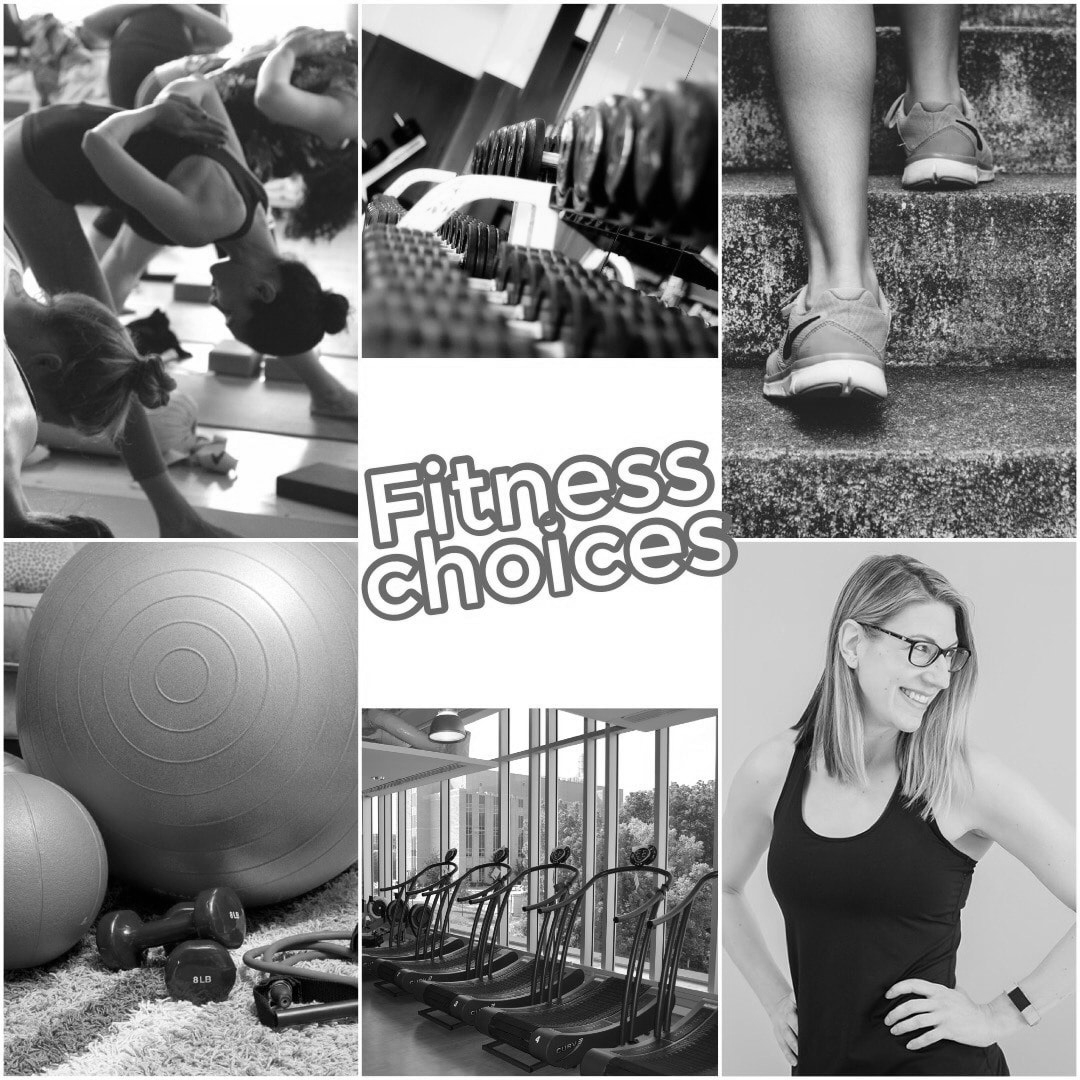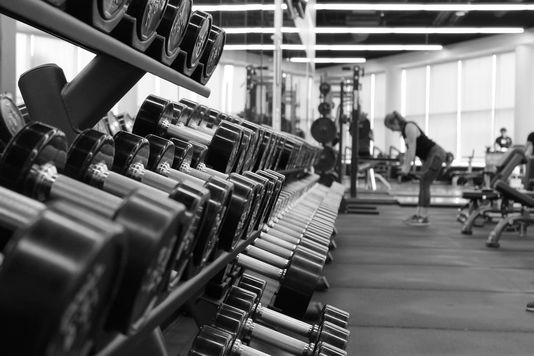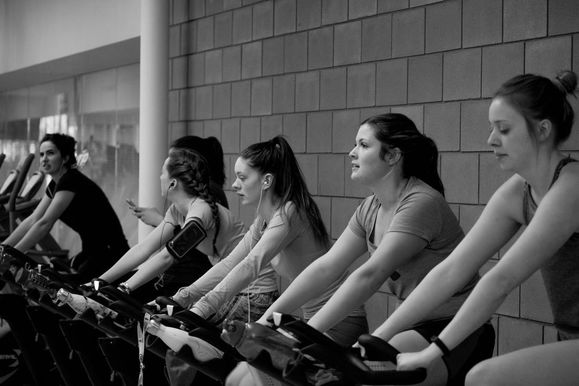|
Women should not use heavy weights. Women should only use heavy weights. Do cardio to lose body fat. No, don't do cardio. We hear a lot of noise about exercise online. Some fitness professionals and exercise enthusiasts loudly proclaim the "one right way" and put down other programs or methods, often discounting the benefits of exercise beyond weight loss or aesthetics... meanwhile over 75% of Americans do not exercise enough or at all. You don't have to use barbells. You don't have to go running. You don't have to join a gym or studio. You don't have to do high intensity workouts. Not if you don't want to. All you have to do is move your body consistently. How you do this is up to you. If you are cleared to exercise, you have choices that can work right now. You know you should exercise. You know why. It's the how and when that gets tricky. Whether that is via group classes, joining a gym, at home, outdoors or with a trainer, you can find one that fits. Committing to consistent exercise is an investment of time and (often) money. It is worthwhile to explore your options. The main considerations:
The Gym
Group Fitness or Studio
Workout at home or outdoors
Determining how you proceed really depends on your preferences, your budget, and what you value most. When it comes down to it though, all choices are better than doing nothing. Look at the full picture rather than focusing on part of it. What is of most value TO YOU? What has not worked in the past? Don’t consider only price or focus solely on how you feel right now. Exercise is an investment in yourself. All new things are a bit uncomfortable at first. Committing to a consistent exercise routine can transform your quality of life. What are you waiting for? Reuna Fitness Personal Training:
Personal training provides
8 Comments
6/2/2023 01:08:45 am
I want to express my appreciation for the thoroughness of your blog post. The topic was well-researched, and your explanations were clear and concise. For those who want to delve deeper into this subject, <a href="https://rashmikanta.creator-spring.com/" target="_blank">click here</a>. Well done!
Reply
12/5/2023 06:12:03 am
Hi there! I am very concerned about my health and fitness. While searching the internet for information on health and fitness, I came across your blog about fitness options, which is really informative to read! Personal choice in fitness is powerful. The breadth of your coverage, combined with your practical advice, makes it an excellent resource. Thank you for sharing your insightful point of view. I am looking forward to reading more of your work!
Reply
12/21/2023 08:30:27 am
Fantastic article! It highlights the importance of personalizing fitness to suit individual needs and preferences. Truly insightful and motivating!
Reply
Olivia
6/19/2024 11:45:58 am
Thank you for writing such an engaging and informative blog post. Your passion for the subject shines through in your writing. For additional information, I recommend <a href="https://pronailcomplex.com/help/affiliates.php" target="_blank">click here</a>. Keep up the fantastic work!
Reply
Olivia
6/26/2024 04:59:39 am
Your ability to explain complex concepts in a clear and concise manner is remarkable. Thank you for this valuable post. To delve deeper, <a href="https://www.erasemybackpain.com/affiliates" target="_blank">click here</a>.
Reply
Leave a Reply. |
Archives
June 2023
Categories
All
|




 RSS Feed
RSS Feed